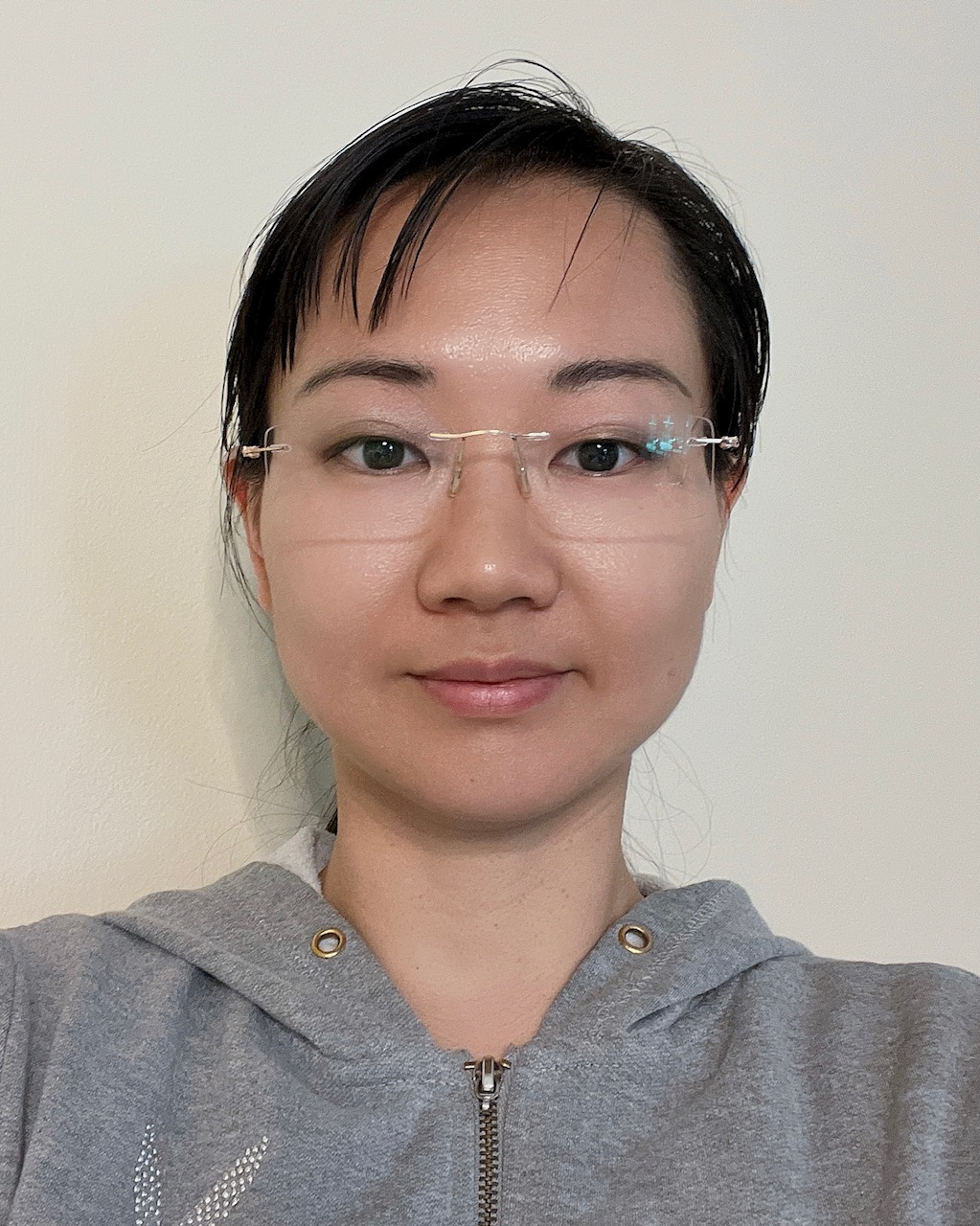My group studies the inflammatory complications in people with HIV either in the form of acute Inflammatory immune reconstitution syndrome (IRIS) or in chronic treated HIV, focusing among other topics on the role of inflammasome, microbiome, genetics and immune senescence. We are also working on pathogenesis, genetics and potential treatments of Idiopathic CD4 lymphopenia including mouse models to assist in understanding the disease pathogenesis and possible therapeutic targets. We have recently established projects on COVID-19 to evaluate the role of inflammasome in pathogenesis, immune responses to vaccine and disease in people with HIV or ICL and also the possible role of immune-based therapies.
Irini Sereti, M.D., Ph.D.
Chief, Laboratory of Immunoregulation
Senior Investigator, Chief HIV Pathogenesis Section
Acting Chief, Clinical and Molecular Retrovirology Section
Acting Chief, Immunopathogenesis Section
Specialty(s): Infectious Disease, Internal Medicine Provides direct clinical care to patients at NIH Clinical Center
Education:
Ph.D., University of Amsterdam - Netherlands
M.D., National Kapodistrian University of Athens in Greece
M.H.S., Duke University
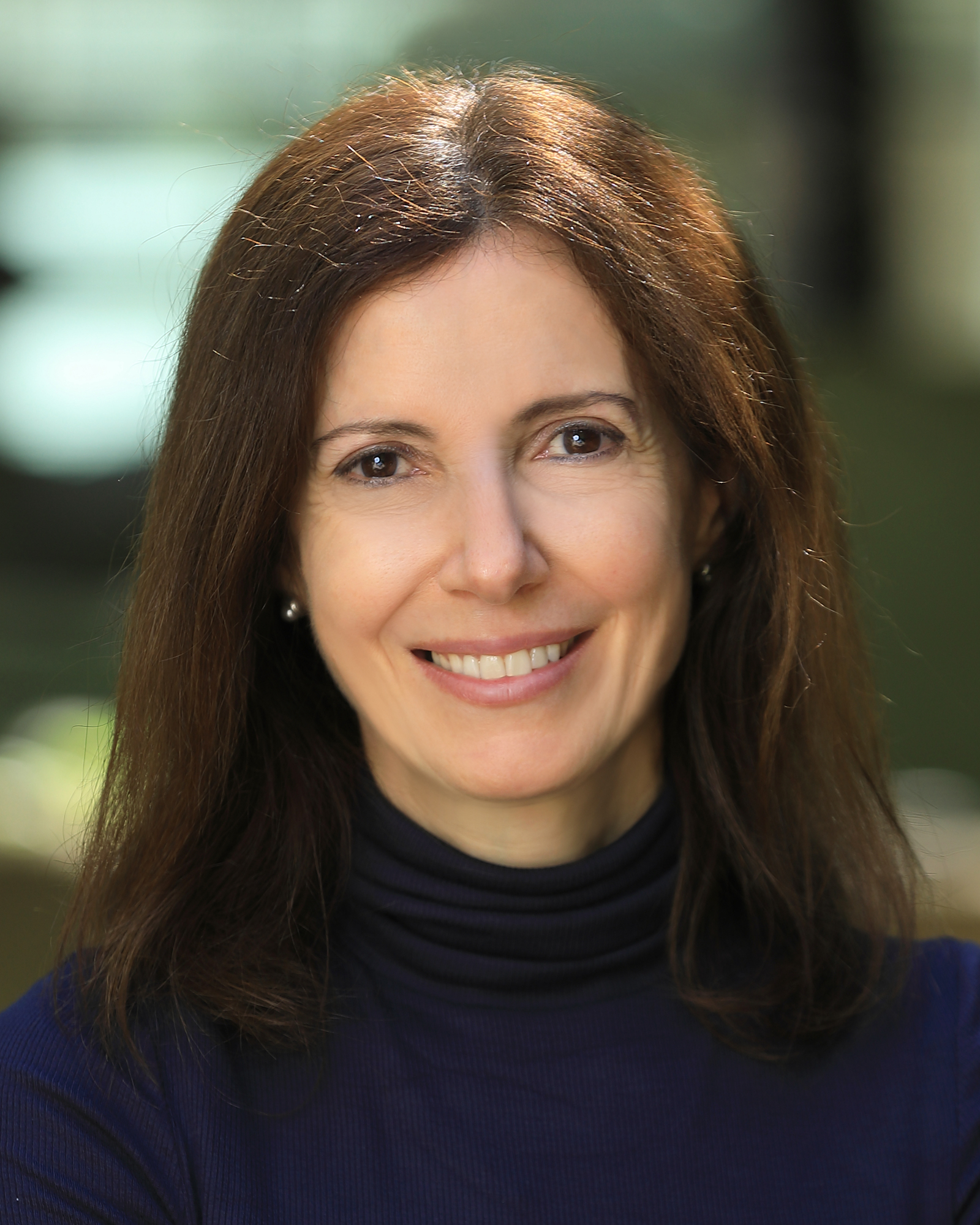
Katherine M. Bricker, Ph.D.
IRTA Postdoctoral Fellow
Education:
Ph.D., Immunology and Molecular Pathogenesis, Emory University
B.S., Biological Sciences & Chemistry, The University of New Orleans
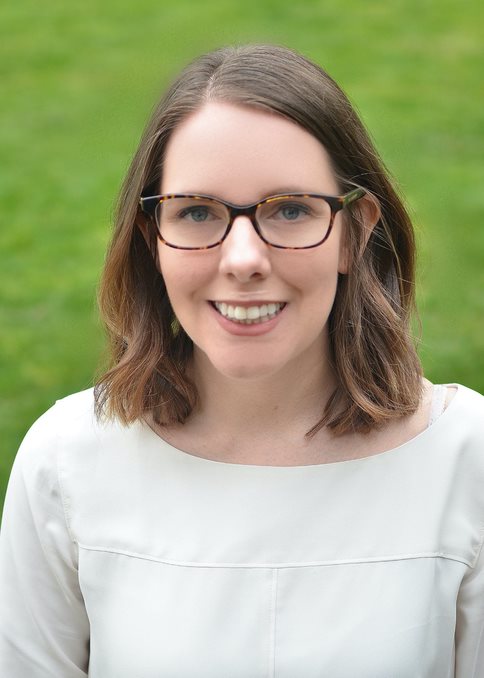
Ainhoa Pérez Díez, Ph.D.
Associate Scientist
Education:
Ph.D. Cellular and Molecular Biology, Universidad de Navarra, Spain
Pharm.D., Universidad de Navarra, Spain
Languages Spoken: Basque, Spanish
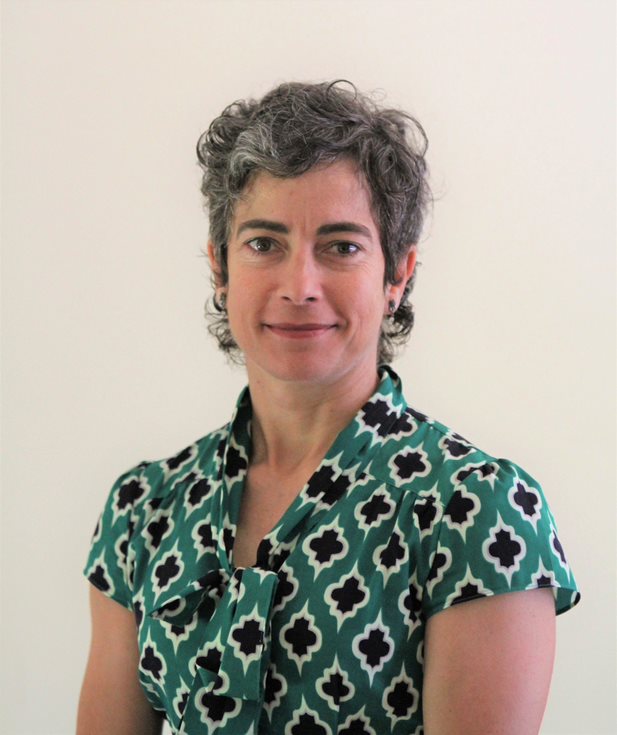
Brian Patrick Epling, M.D.
Clinical Fellow
Education:
M.D., University of Connecticut School of Medicine
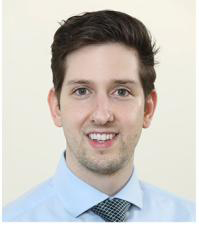
Silvia Lucena Lage, Ph.D.
Research Fellow
Education:
Ph.D., 2015, University of São Paulo, Brazil
Master's, 2011, University of São Paulo, Brazil
Bachelor's, Biomedical Sciences, 2008, Federal University, Rio de Janeiro, Brazil
Languages Spoken: Portuguese
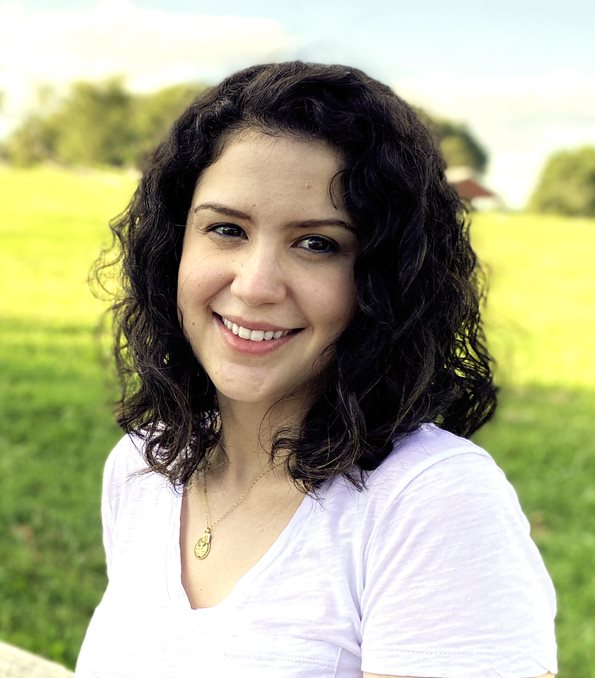
Xiangdong Liu, Ph.D.
Biologist
Languages Spoken: Mandarin
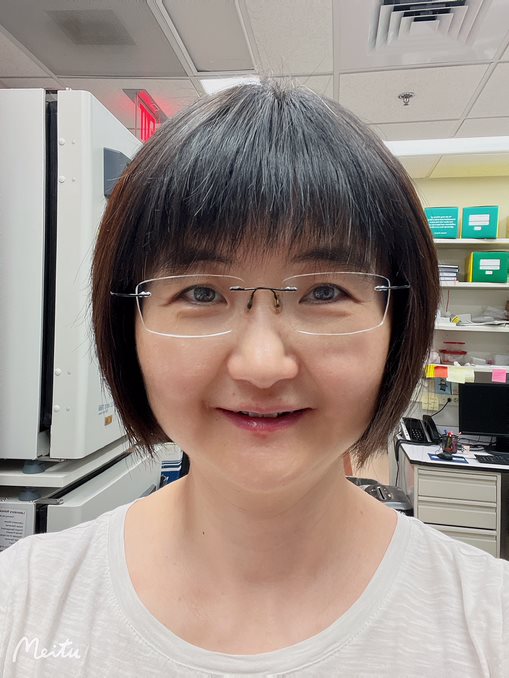
Joseph M. Rocco, M.D.
Infectious Disease Fellow
Education:
M.D., University of Pittsburgh
Internal Medicine Residency/Chief Residency, University of Pittsburgh
Peiying Ye, Ph.D.
Biologist
Languages Spoken: Chinese
